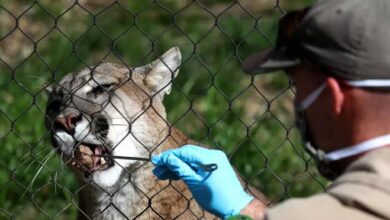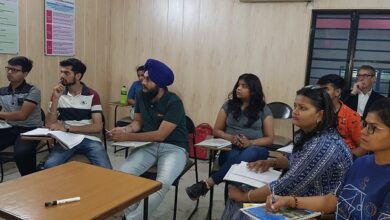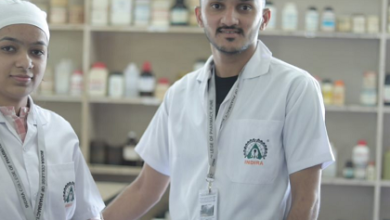Early Childhood Education Courses 2025
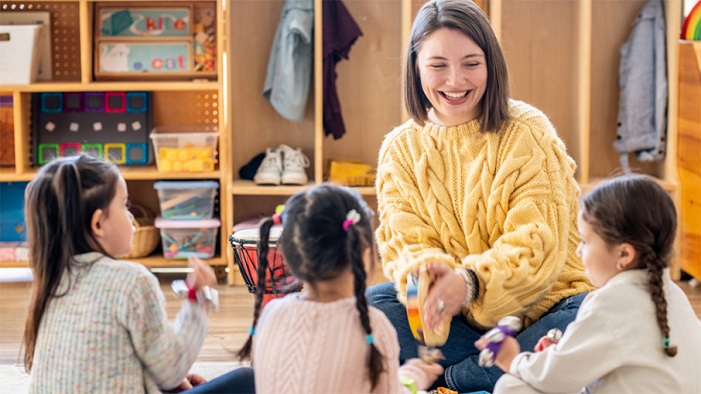
As someone deeply involved in the field of early childhood education, I’ve seen firsthand the profound impact quality training can have on educators and young children alike. If you’re considering early childhood education courses, you’re making a thoughtful choice that not only advances your career but also contributes to shaping the future of our society. Let me walk you through why these courses are important, what they typically cover, and how they can transform your professional journey.
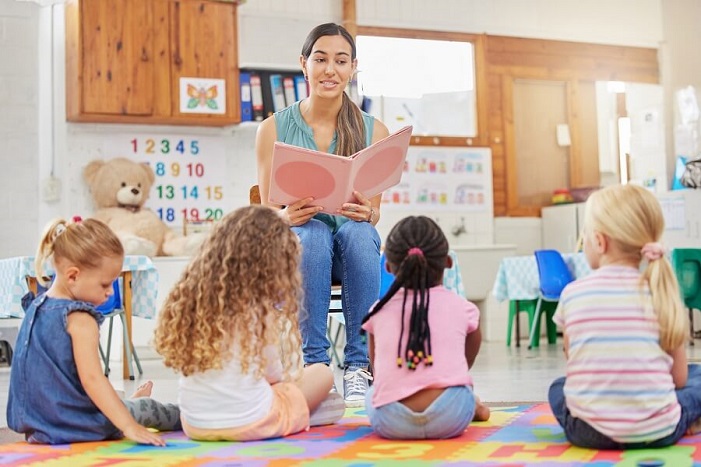
What Are Early Childhood Education Courses?
Early childhood education courses are designed to equip you with the knowledge and skills to teach and care for children from birth to around eight years old. These foundational years are critical for a child’s physical, emotional, social, and cognitive development. The courses focus on understanding how children learn and grow, creating engaging learning environments, and supporting their overall development.
Programs range from certificate courses to diplomas, associate degrees, and even advanced degrees in early childhood education. Whether you’re new to the field or looking to deepen your expertise, there’s a program tailored to your needs.
Why Choose Early Childhood Education Courses?
1. A Rewarding Career Path:
Working with young children is incredibly fulfilling. You play a pivotal role in shaping their personalities, skills, and attitudes toward learning. Watching them grasp new concepts and grow under your care is one of the most rewarding experiences you can have.
2. High Demand for Educators:
The demand for qualified early childhood educators is steadily growing. As governments and organizations recognize the importance of early learning, there are more opportunities in schools, childcare centers, and other educational settings.
3. Personal Growth:
These courses don’t just prepare you for a career; they also teach valuable life skills. You’ll learn patience, communication, problem-solving, and the ability to connect with diverse groups of people—skills that are useful in any profession.
What Will You Learn?
Early childhood education courses typically cover a broad range of topics. Here are some key areas you can expect:
1. Child Development:
Understanding the stages of development—physical, emotional, social, and cognitive—is crucial. Courses often include theories from experts like Piaget, Vygotsky, and Erikson to give you a strong foundation.
2. Curriculum Design:
You’ll learn how to create age-appropriate lesson plans and activities that stimulate curiosity and learning. This includes incorporating play-based learning, arts, and storytelling.
3. Classroom Management:
Managing a group of young children can be challenging but incredibly rewarding. Courses teach strategies to maintain a positive and productive classroom environment.
4. Health and Safety:
Ensuring children’s safety is a top priority. You’ll learn about nutrition, first aid, and how to handle emergencies in a childcare setting.
5. Working with Families:
A child’s development is influenced by their family environment. These courses often include training on how to communicate effectively with parents and caregivers.
How to Choose the Right Course
If you’re ready to take the plunge, here are some tips for selecting the right program:
1. Accreditation:
Ensure the program is recognized by relevant educational authorities. This guarantees that your qualification will be valued by employers.
2. Flexibility:
If you’re balancing other responsibilities, look for courses that offer part-time, online, or hybrid options.
3. Practical Experience:
Hands-on experience is invaluable. Choose a program that includes internships or placements to apply what you’ve learned in real-world settings.
My Personal Experience
When I started my journey in early childhood education, I was amazed at how much there was to learn. From understanding a toddler’s tantrum to fostering a preschooler’s love for storytelling, every day brought new challenges and joys. The training I received was instrumental in helping me navigate these experiences and grow both professionally and personally.
One of the most memorable moments was working with a shy three-year-old who wouldn’t speak during circle time. Using techniques I learned in my course, I created a safe space for her to express herself through art and play. By the end of the year, she was leading the group in singing her favorite song. Moments like these reaffirm why this field is so impactful. Read More

